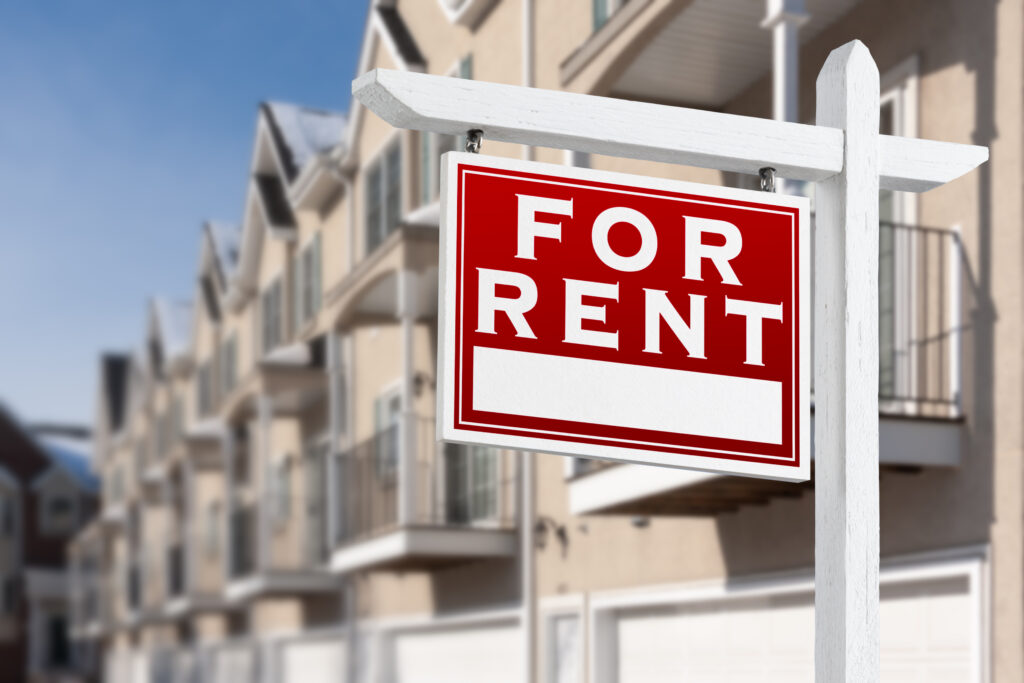Is Your Rental Real Estate a Business?
- Contributor
- Amy G. Hightower
Jun 13, 2025
The line between owning an investment property and operating a rental real estate business may seem subtle—but it can have a significant impact on your tax bill. Many property owners are unaware of the complex rules that govern this distinction, let alone how those rules apply to their specific situation.
If your rental activity qualifies as a trade or business, you may be eligible for valuable tax benefits that could substantially reduce what you owe.
Why It Matters
The Section 199A deduction for qualified business income (QBI) allows some owners of pass-through entities and sole proprietors to deduct up to 20% of their net business income, yielding a nice tax cut for those who qualify.
The QBI deduction only applies to business income, so taxpayers who own investment property can’t claim the deduction. Income caps and other rules also limit eligibility.
Does Your Rental Real Estate Qualify as a Business?
The IRS assesses each case based on multiple factors. Big picture, the activity of a trade or business must be conducted “on a regular, continuous, and substantial basis” with the aim of earning a profit.
To clear up confusion over whether rental real estate qualifies as a business, the IRS established a safe harbor for taxpayers who own one or more rental properties directly or through a disregarded entity (for example, a single-member LLC).
Under the safe harbor rules, a rental real estate enterprise is deemed a trade or business if the taxpayer or pass-through business does all of the following:
- Maintains separate books and records.
- Performs at least 250 hours of rental services per year. (For enterprises that have been established four years or longer, fulfilling this standard requires meeting the 250-hour test in at least three of the last five years.)
- Keeps logs, time reports, or other contemporaneous records detailing the services performed.
- Files a statement with the taxpayer’s federal tax return.
Generally, taxpayers must treat each rental property as a separate enterprise or treat all similar properties as a single enterprise. Commercial and residential properties, for example, can’t be combined in the same enterprise.
Tax Planning for Rental Property
Restructuring rental activities can help taxpayers meet the safe harbor requirements to realize tax savings.
For example, owning two rental properties that each require 125 hours of eligible rental services per year does not meet the 250-hour test unless both buildings are of the same type (commercial or residential). Owning one building of each type delivers no QBI tax benefit.
However, if the owner exchanged one of the properties for a second property of the same type, they would be able to combine both buildings as a single enterprise, and the rental enterprise would then be eligible for the safe harbor (assuming hours of eligible services remained constant).
Different Rules for Real Estate Professionals
Another critical determination is whether or not you are a “real estate professional” in the eyes of the IRS. The distinction affects whether and how you can deduct any losses. Ordinarily, taxpayers who “materially participate” in a trade or business can deduct losses against wages or other ordinary income and avoid net investment income tax on business income. Material participation is determined using several tests. For example, devoting more than 500 hours per year qualifies as material participation — or more than 100 hours if no one else participates more.
However, rental real estate is generally deemed to be a passive activity, regardless of time spent — unless you’re a real estate professional. To qualify as a real estate professional, more than half of total working hours (with a minimum of 750 hours over the course of the year) must be devoted to real estate businesses (such as development, construction, leasing, brokerage, and management) in which the taxpayer materially participates.
There’s a caveat, though: Hours spent working as an employee do not count toward the total, unless the taxpayer is also an owner holding 5% or more.
What’s On the Horizon for the 199A Deduction?
Since its introduction in the Tax Cuts and Jobs Act of 2017, the Section 199A deduction has provided valuable tax benefits to many rental real estate businesses. However, the provision is currently set to expire at the end of 2025.
There is bipartisan support in Congress to extend the deduction, with proposed legislation aiming to not only make it permanent but also potentially increase the current 20% threshold. So, while 2025 may mark the scheduled end, it could also signal the start of something even better for Section 199A.
Get Personalized, Expert Guidance
Owning rental real estate comes with unique financial challenges—and opportunities. To make the most of available tax benefits, including the often-complex Section 199A QBI deduction, it’s essential to work with professionals who understand the nuances. Contact your CRI advisor today to explore how your rental real estate investments can work harder for you. We can help you navigate the rules, identify tax-efficient strategies tailored to your specific circumstances, and ensure you’re maximizing the deductions available through your real estate activities. With the right guidance, you can position yourself for smarter tax outcomes and long-term financial success.












































































































































































































































































































































































































































































































